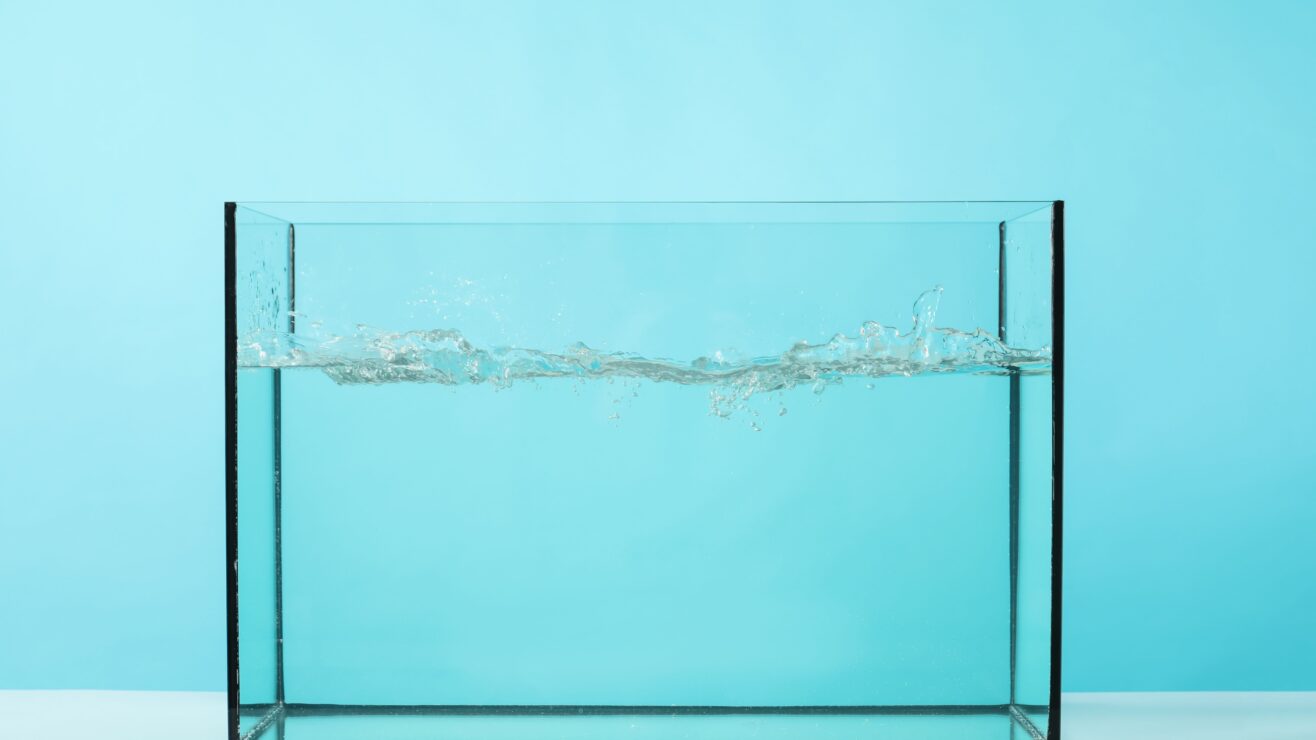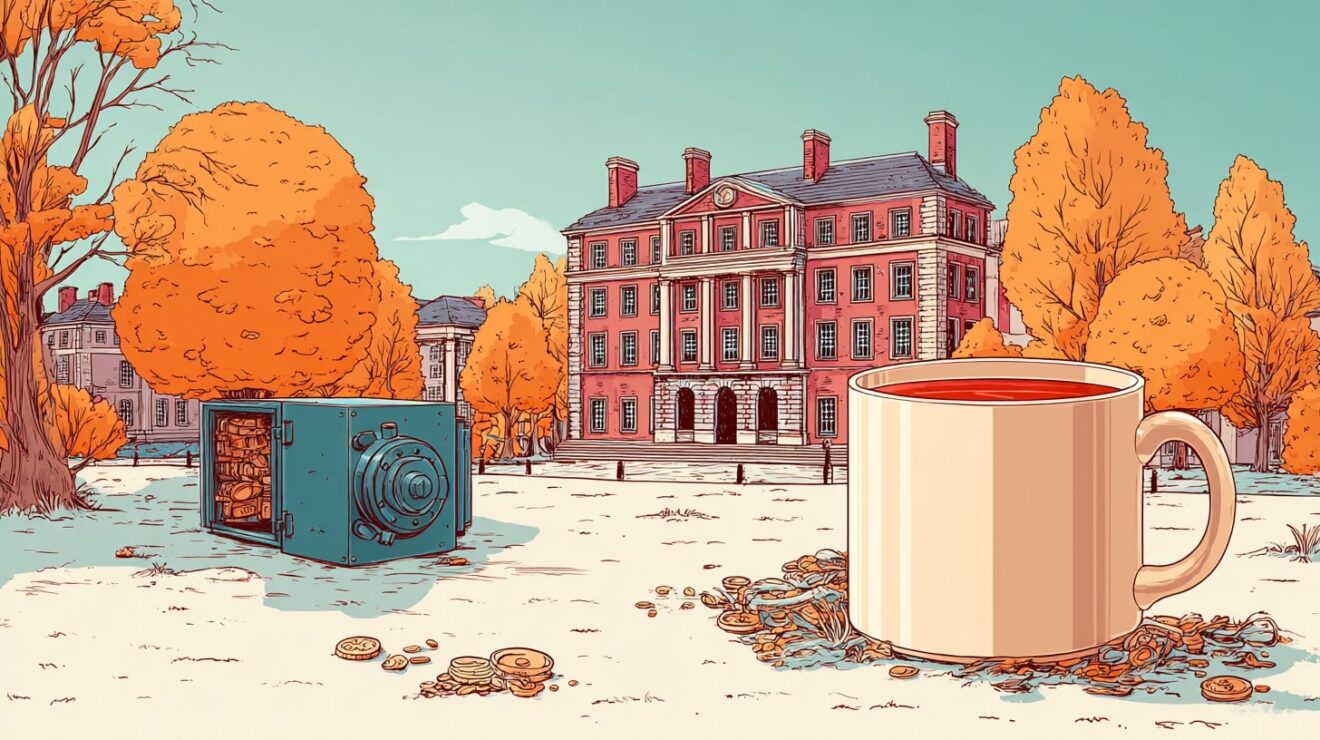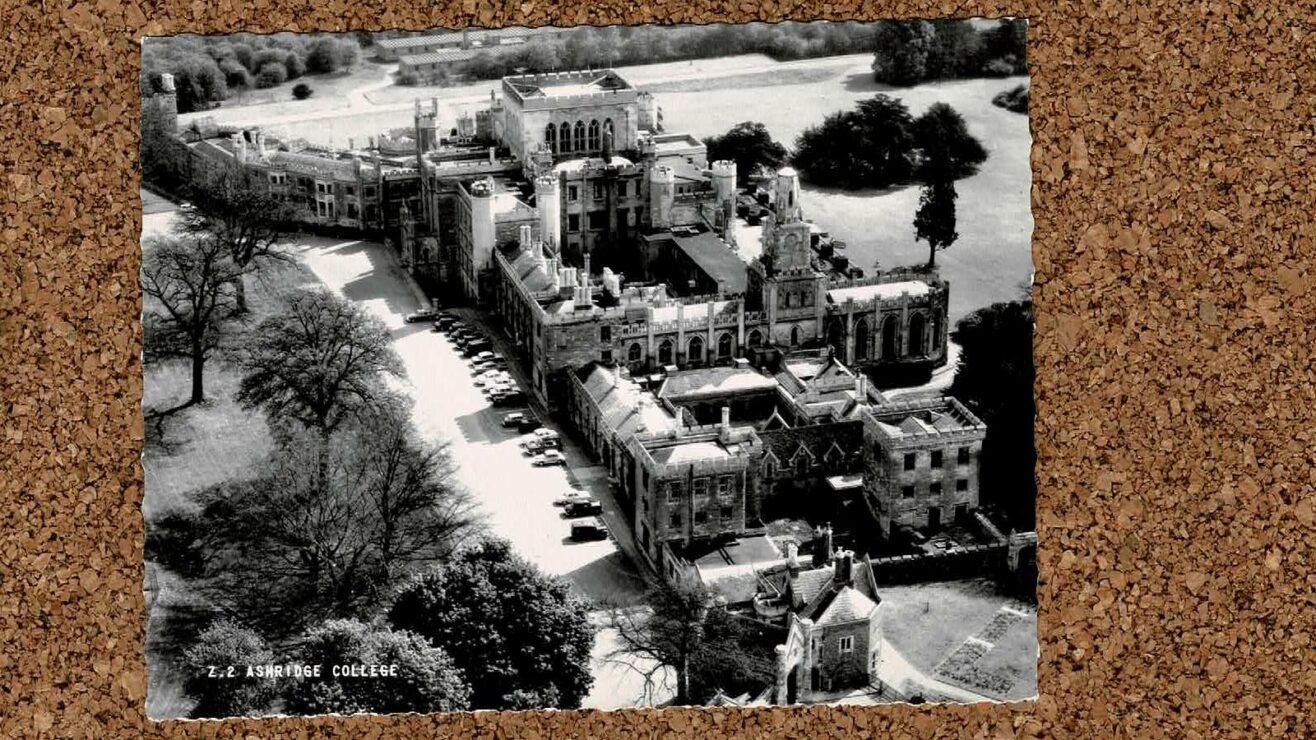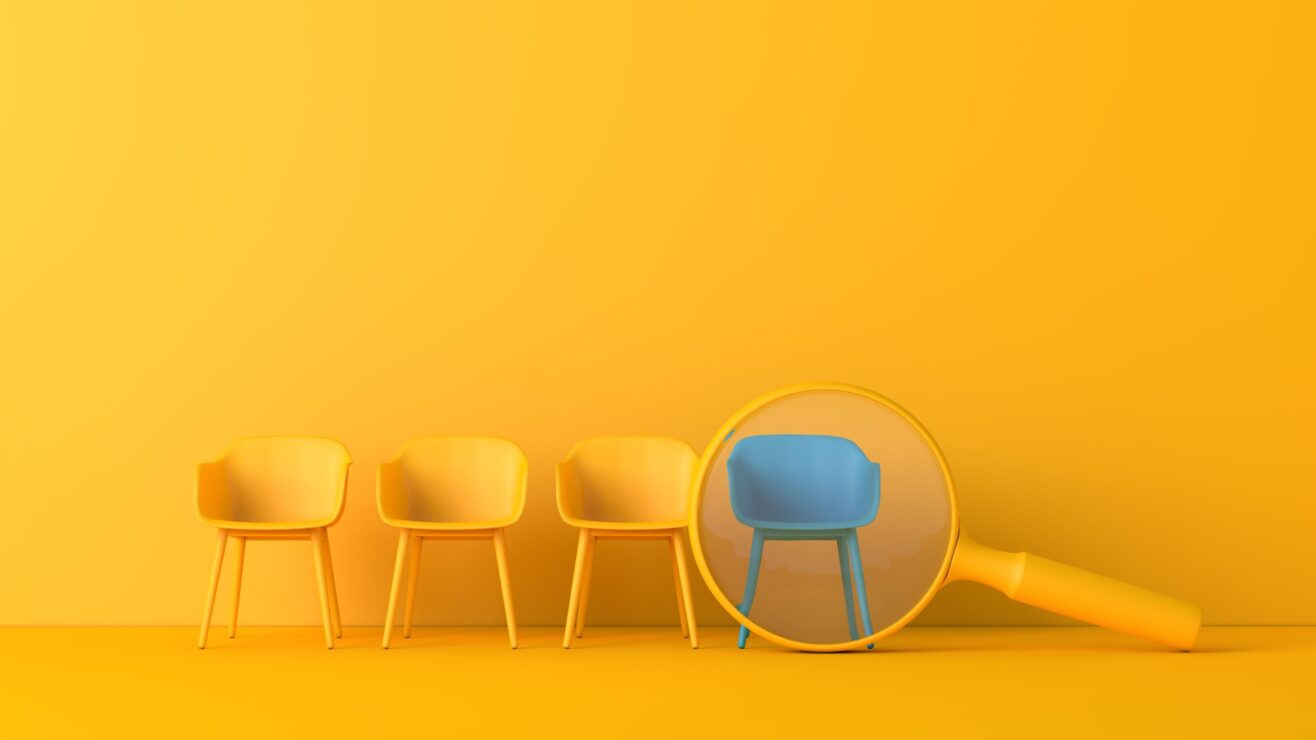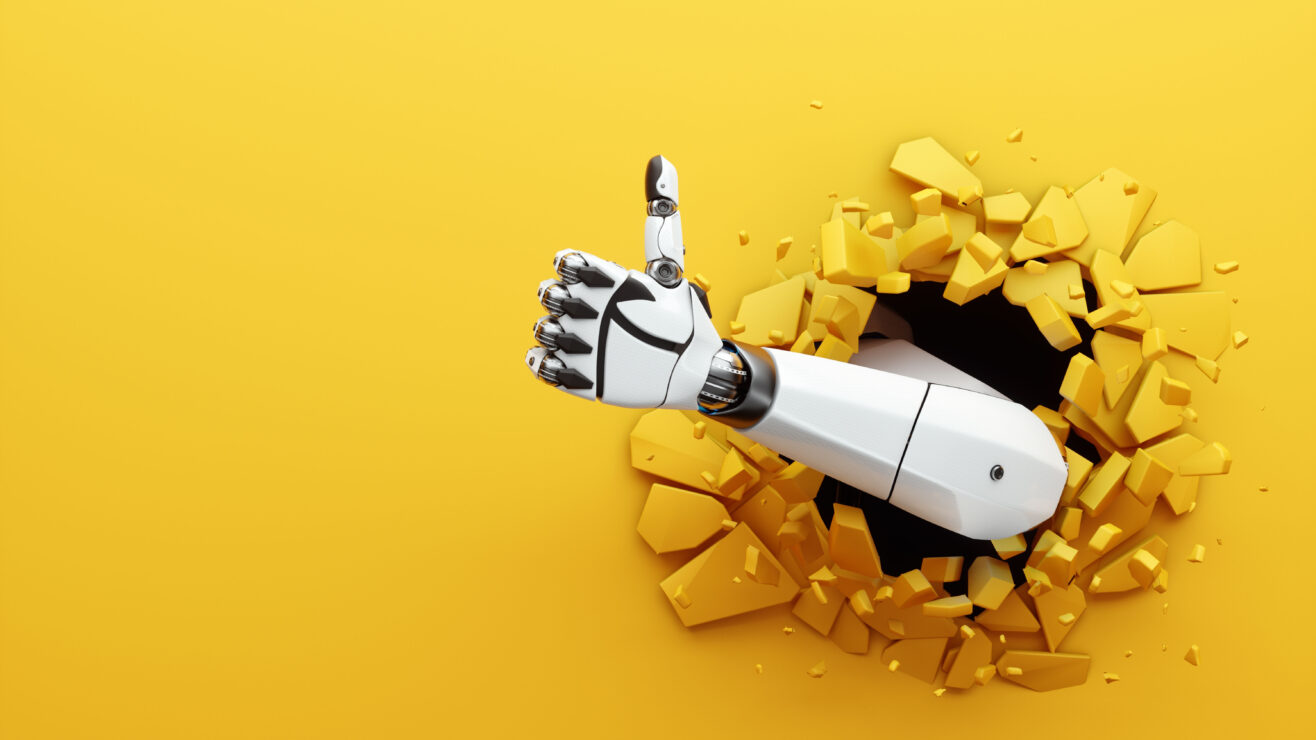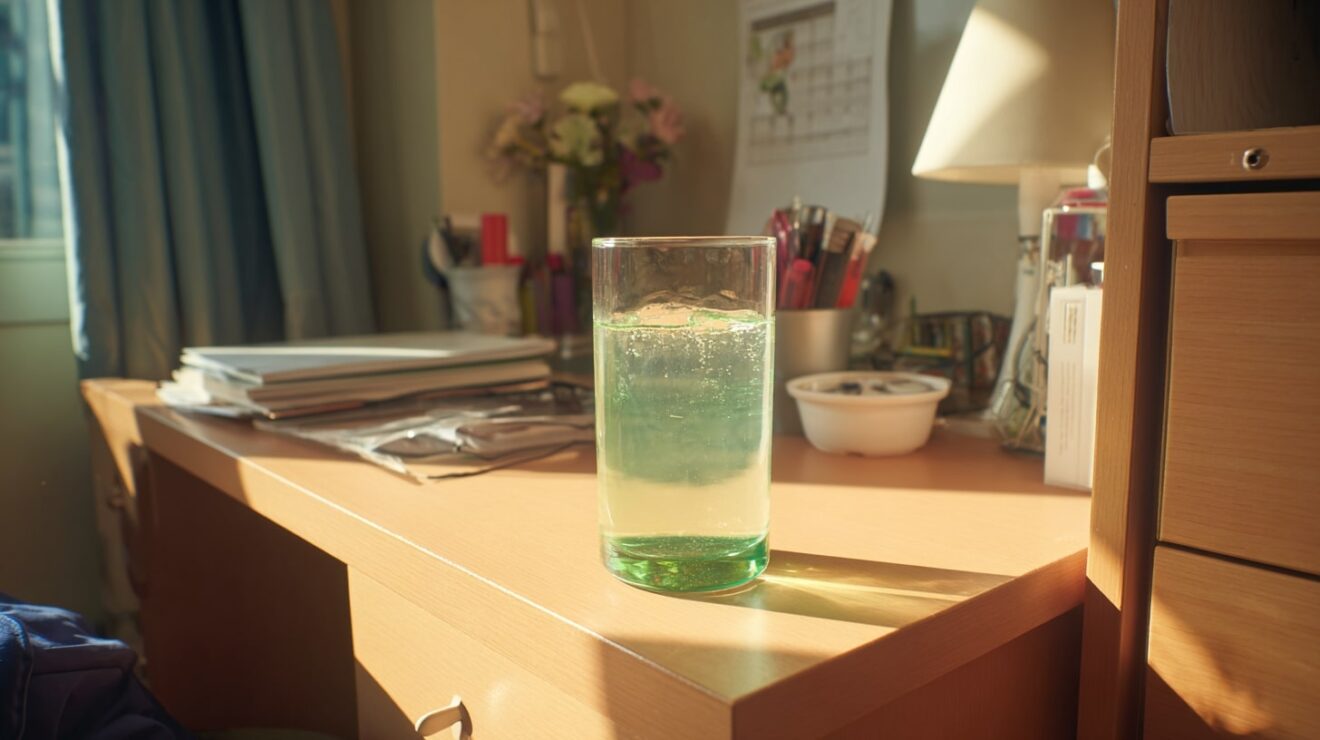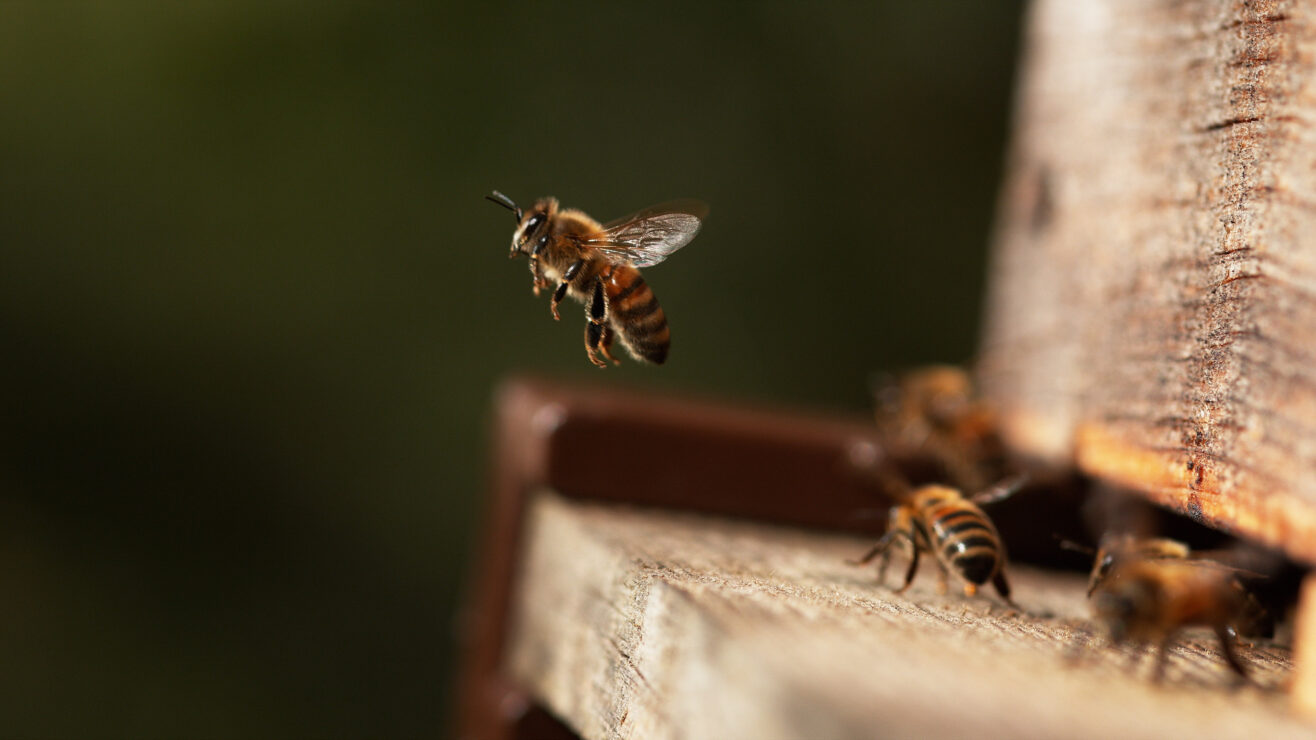Special Collections as Laboratories
Interesting post from the Chronicle of Higher Education
It’s a report on a recent forum which looked at the opportunities for using special collections to teach students about the possibilities and principles of research: “Such collections should be put to use as laboratories where students work hands-on with primary documents, incorporate them into original research projects, and even publish the results in institutional repositories.”
Panelists at a session on “An Age of Discovery: Special Collections in the Digital Age” — part of the Coalition for Networked Information’s fall forum, held in tandem with the membership meeting of the Association of Research Libraries — laid out case studies of what can happen when you turn undergraduates loose in special collections. Barbara Rockenbach, director of undergraduate and library education at Yale University Library, described how students in an urban-studies course, “The Mediated City,” created annotated digital city guides as part of their class work. In a history class, “Otherwise Engaged: Intellectuals, Politics, Education,” undergraduates created online narrative exhibits that illustrated specific moments in time.
“What we discovered is that you set high expectations, and the students tend to live up to them,” Ms. Rockenbach said. She also pointed out that it’s easier to justify the resources your special collections eat up if those collections aren’t just sitting there gathering dust.
At the University of Illinois at Urbana-Champaign, students take part in the Ethnography of the University Initiative, creating research projects that investigate campus history and culture. Sarah L. Shreeves, coordinator of Illinois’s Digital Environment for Access to Learning and Scholarship (Ideals), talked about how the student ethnographers work through the full circle of scholarly communication, beginning with original research and ending with the chance to deposit their work in the Ideals institutional repository alongside the work of other students and faculty members.
Interesting ideas.


